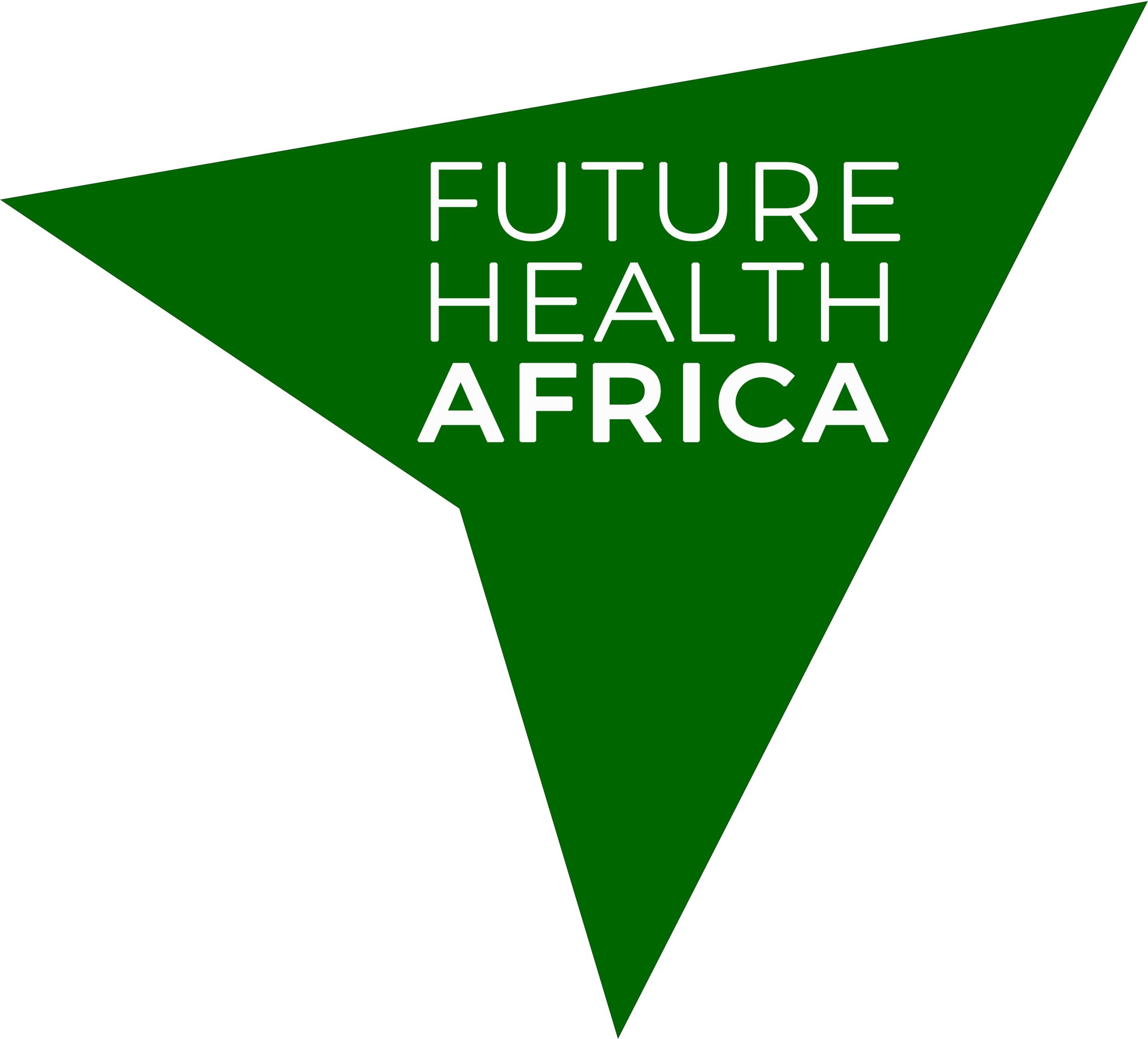future health africa
PROJECTS - OVERVIEW
PROJECTS
Since 1997, Future Health Africa volunteers have been co-designing projects in Kenya with local people and healthcare staff to support their needs.
The initial work was community-based, to improve access to primary care for disadvantaged Maasai communities in Laikipia & Meru Counties. This continues now through multi-level working using quality improvement and leadership skills training in rural Community Health Units.
Trauma Team projects started in 2009 and are designed to reduce suffering and disability from traumatic injuries, particularly fractures. Trauma is one of the major causes of death world-wide but access to professional treatment is poor in LMICs. Patients receive advice and treatment. Many fractures and other injuries go untreated in Kenya due to a shortage of surgeons and because many patients are unable to afford treatment. The team is now a combined Kenyan and UK enterprise. All staff benefit from side-by-side training, learning from each other. Patient safety and teamwork are emphasised as well as technical skills.
The need for more active intervention in dealing with sick and peri-operative patients was recognised from the start, and the GRASPIT course was developed (Global Recognition & Assessment of the Sick Patient & Initial Treatment) in 2009 by Critical Care experts from Torbay. It is now delivered entirely by Kenyan educators. This has since been taught in many more locations - see Where & How We Work section. Need for this type of training has been identified recently in the ‘African Surgical Outcomes Study’
Sustaining local improvements in care and local capacity building has always been a priority for us and our LMIC partners. In 2015, we designed the SPRINGBOARD course which teaches ‘The Science of Improvement and the Art of Leadership’ to frontline health workers to empower them to make changes in the quality of healthcare being delivered in their facilities. The q4a faculty delivering this course are international experts and they are developing Kenyan faculty to enable wider adoption of the course. Participants learn the skills through setting up real QI projects themselves. Recognition of the need for training in these skills was reinforced in 2018 by the publication of three major international reports in 2018, supported by Kenya’s First Lady and the Kenyan Ministry of Health.
A Midwifery team delivers training in both community and hospital settings to try to improve the very high rates of maternal and newborn mortality and morbidity that persist in Kenya.
Further details on each project can be found by following the links below or by using the ‘Projects’ dropdown menu.
Previous projects include TeamTalk and Emergency Medicine.
Trauma Team: An energetic group teaching session with the theatre staff of Nanyuki Hospital, teaching them how to assemble and use orthopaedic surgical instruments that have been donated. June 2013
GRASPIT Team, 2013







